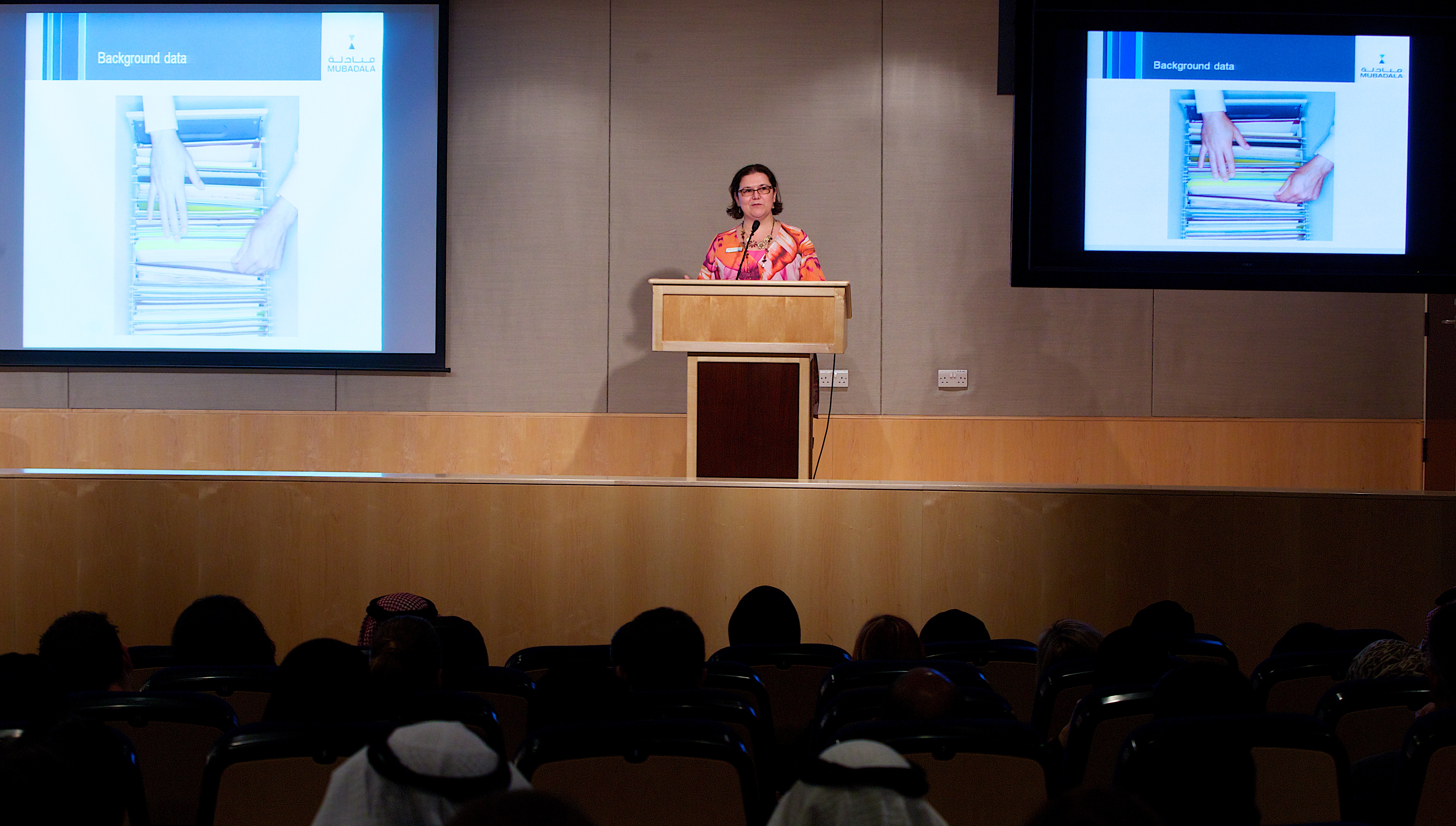My previous post covered the traditional reasons why people may be reluctant to relocate to the Gulf, as well as some financial negative impacts that make the local market less attractive than it used to be.
On top of that, there are currently a number of other reasons making it more difficult for companies to attract educated expats in the GCC.
The first one is the “Arab Spring”.
Candidates are worried that the instability that has been experienced lately in the Arab countries, will spread in the region and affect them and the safety of their loved ones. As we all know, even Bahrain, KSA and Yemen have (had) their share of social trouble. Seen from Europe, the perception is that the whole GCC is at risk, and local situations, though vastly different, are not easy to apprehend when one is not based in the region.
The second apprehension relates to emiratisation and nationalisation.
With strong comments in the English-speaking press about the need to hire local Nationals over expats, at times at the expense of expats already in the country, and the increased difficulty to obtain visas to hire expats from the regional governments, a lot of candidates are worried about the risk of losing their job almost without warning and without performance- or state-of-the-economy-related reason.
It is the same in Saudi Arabia, where the new regulations about private sector companies and saudisation quotas are making a lot of expats feel nervous about their future in the country.
This feeling of being a guest who could be sent back home almost without notice is made worse by two factors :
- With the visa system, it is very difficult to stay legally in the region even if one wants to look for another job. With only 30 days of grace period, in the current economy, this virtually means that an expat would have to leave the country at very short notice. Not a very pleasant idea, especially if you have children in the middle of the school year… Disrupting their studies is never a good idea, and I have heard about many schools refusing to reimburse the yearly fee that was paid in advance, not even on a prorated basis.
- On top of that, with the global economy still not recovering in terms of job creations, if someone loses their job in the GCC and they have to go back home, they only face the prospect of a longer time needed to find a new job in their home country. And that’s without the safety net of any unemployment benefits or healthcare cover in the home country, as this is the reverse side of the positive of not having social security agreements in place.
Hopefully the reasons detailed here will come to an end with the improvement of the political situation in the Middle East, as well as with the global economic recovery.
What about you ? Have you heard any comments from prospective hires, your colleagues in resourcing, or recruitment agencies, of how the current financial and political situation is impacting candidates’ willingness to relocate to the GCC ? Please share your feedback in the comments section !
My next post will cover some easy ideas of how C&B can help attract the right kind of expats to the GCC. Stay tuned !
Related posts :
Two reasons why it is more difficult to attract expats to the GCC
3 tips to help attract expat candidates


[…] expats to the GCCTwo reasons why it’s more difficult nowadays to attract expats to the GCCThe other reason why expats are less attracted to the GCC3 tips to help attract expat […]